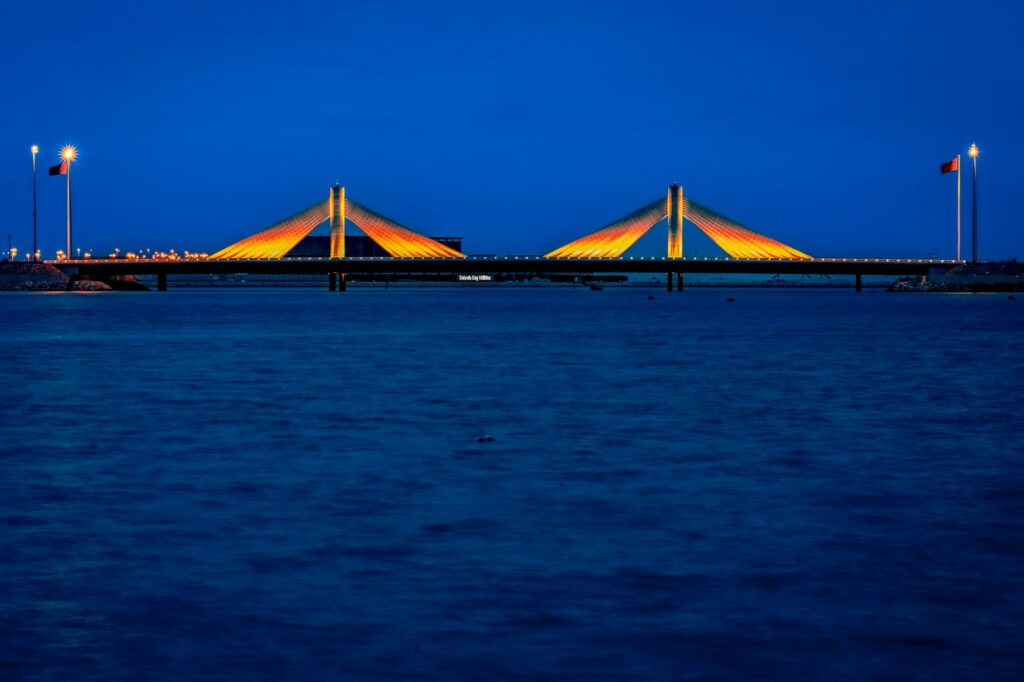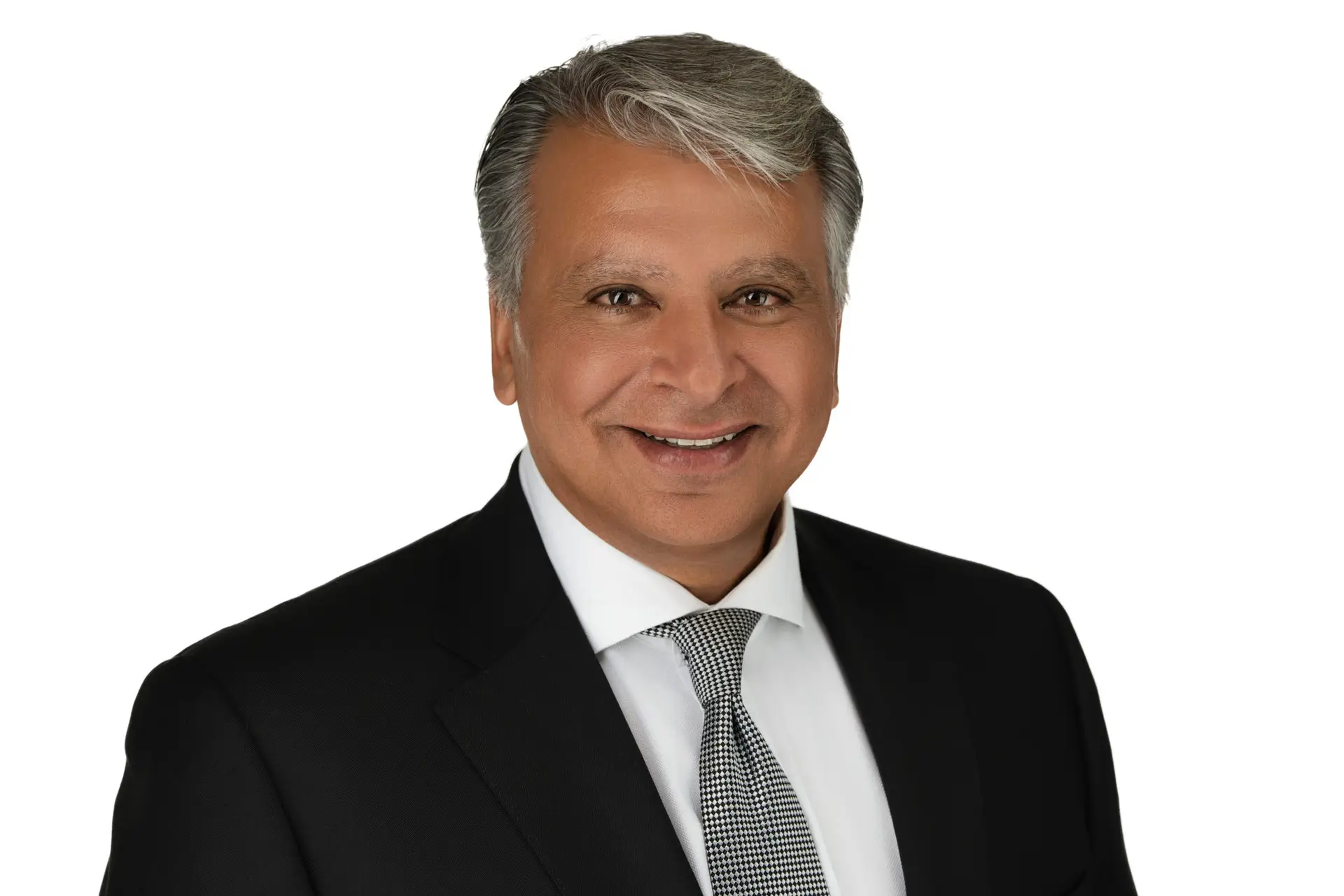Introduction
Bahrain, an archipelago in the Persian Gulf, has long been a sought-after destination for expatriates. Known for its rich cultural heritage, modern amenities, and robust business environment, Bahrain offers a unique blend of traditional Arab culture and contemporary living. This guide explores what makes Bahrain an attractive destination for expats, covering culture, expat communities, cost of living, housing, and education.
Culture
Bahrain boasts a rich cultural heritage deeply rooted in its history as a trading hub. The country is predominantly Muslim, and Islamic customs and traditions are integral to daily life. However, Bahrain is also known for its tolerance and openness, making it one of the most liberal countries in the GCC. This balance allows expatriates to enjoy both traditional Arab culture and modern conveniences.
Bahraini culture is characterized by its hospitality. Locals are known for their friendliness and warmth, often inviting expatriates to participate in cultural festivals and family gatherings. Important cultural sites include the Bahrain National Museum, showcasing the country’s history and archaeological findings, and the UNESCO World Heritage Site, Qal’at al-Bahrain (Bahrain Fort).
Bahrain also celebrates numerous cultural festivals and events throughout the year, such as the Spring of Culture Festival, Bahrain International Music Festival, and the Bahrain Grand Prix. These events highlight the country’s rich cultural scene and offer expatriates a chance to immerse themselves in local traditions.
Expat Communities
Bahrain is home to a large and diverse expatriate community, with people from all over the world living and working in the country. This diversity is reflected in the variety of social clubs, organizations, and events that cater to expatriates. Popular expat communities include:
- The Dilmun Club: A social and recreational club offering various facilities, including dining, sports, and leisure activities.
- The British Club: Known for its social events and gatherings, catering to the British expatriate community and beyond.
- American Women’s Association of Bahrain: Provides support, social activities, and networking opportunities for American women and their families.
These clubs and organizations play a crucial role in helping expatriates integrate into Bahraini society, offering a support network and opportunities to meet like-minded individuals. Additionally, these communities often organize cultural events, sports leagues, and family-friendly activities that enhance the expatriate experience.
Cost of Living
The cost of living in Bahrain is relatively lower compared to other GCC countries like the UAE and Qatar, making it an attractive option for expatriates. Key expenses include:
- Accommodation: Rental prices vary depending on location and property type. Areas like Juffair, Amwaj Islands, and Saar are popular among expatriates.
- Utilities: Generally affordable, but electricity and water bills can be higher during the summer months due to air conditioning usage.
- Groceries: Prices for imported goods can be higher, but local markets and supermarkets offer a range of affordable options.
- Dining Out: A variety of dining options, from high-end restaurants to budget-friendly eateries.
- Transportation: Public transportation is limited, so owning a car is common. Fuel prices are relatively low, making driving affordable.
Overall, while some aspects of living in Bahrain can be costly, the absence of income tax and lower living expenses compared to neighboring countries make it an attractive destination for expatriates.
Housing
Housing options in Bahrain range from luxury villas to modern apartments, catering to various budgets and preferences. Popular residential areas for expatriates include:
- Juffair: Known for its vibrant nightlife, restaurants, and proximity to the US Navy base.
- Amwaj Islands: Offers waterfront living with luxurious villas and apartments, as well as recreational facilities.
- Saar: A suburban area with a mix of villas and compounds, popular among families due to its proximity to international schools.
Rental prices can vary significantly based on location and property type. A one-bedroom apartment in a central area might cost between BHD 300 to BHD 500 per month, while a similar apartment in a suburban area could be more affordable. Many expatriates receive housing allowances as part of their employment packages, which helps offset the cost of living.
When choosing a place to live, factors such as proximity to work, schools, and amenities should be considered. Gated communities offer additional security and amenities like swimming pools, gyms, and playgrounds. Real estate agents can provide valuable assistance in finding suitable housing and navigating the rental process.
Education
Bahrain offers a range of educational options for expatriate families, including international schools that follow various curricula, such as British, American, and the International Baccalaureate (IB). Some of the top international schools include:
- St. Christopher’s School: Offers a British curriculum and IB programs, known for its academic excellence and extracurricular activities.
- The British School of Bahrain: Provides a British curriculum, focusing on holistic development and academic achievement.
- Bahrain School (DODEA): Offers an American curriculum and serves the US military community and other expatriates.
Higher education opportunities are also available, with institutions such as the University of Bahrain and the Royal University for Women offering a range of undergraduate and postgraduate programs. Additionally, Bahrain is home to several international universities with campuses in the country, providing a wide array of degree programs.
Business Environment
Bahrain’s business environment is robust and supportive of foreign investment. The country has established itself as a financial hub in the region, attracting multinational companies and expatriate professionals. Key sectors include finance, oil and gas, tourism, and manufacturing. The Bahrain Economic Development Board (EDB) actively promotes investment opportunities and provides support to businesses setting up in the country.
Bahrain’s strategic location, modern infrastructure, and favorable regulatory environment make it an attractive destination for entrepreneurs and established businesses alike. The Bahrain International Investment Park (BIIP) and Bahrain Financial Harbour are key business hubs offering state-of-the-art facilities and services.
The government has also implemented several initiatives to enhance the business environment, including liberal labor laws, free trade agreements, and economic diversification efforts. These initiatives create a dynamic and competitive market for businesses and professionals.
Social Life
Bahrain offers a vibrant social life with a wide range of activities and events. The country’s multicultural population contributes to a diverse social scene, with numerous restaurants, cafes, and entertainment options. Popular social activities include:
- Dining Out: Bahrain’s culinary scene offers a variety of international cuisines, from fine dining to casual eateries.
- Shopping: Malls such as City Centre Bahrain, Seef Mall, and The Avenues provide a mix of luxury brands, retail stores, and entertainment facilities.
- Cultural Activities: The Bahrain National Museum, Bahrain Fort, and the annual Bahrain International Music Festival offer insights into Bahraini culture and heritage.
- Outdoor Activities: Al Areen Wildlife Park, Al Dar Islands, and various beaches provide opportunities for outdoor recreation and relaxation.
Sports and fitness are also integral to social life in Bahrain. The country has numerous sports clubs, fitness centers, and recreational facilities. Football is particularly popular, and many expatriates join local leagues and clubs. Water sports, such as sailing and diving, are available along the coastline, offering exciting ways to stay active.
Healthcare
Bahrain’s healthcare system is among the best in the region, with state-of-the-art facilities and highly qualified medical professionals. The country has invested heavily in healthcare infrastructure, resulting in numerous public and private hospitals and clinics. Notable healthcare facilities include:
- Bahrain Specialist Hospital: A leading private hospital known for its advanced medical technology and personalized care.
- King Hamad University Hospital: A public hospital offering a wide range of medical services and specialized care.
- Royal Bahrain Hospital: Known for its comprehensive healthcare services and patient-centered approach.
Expatriates are required to have health insurance, which is often provided by employers. The insurance typically covers most medical expenses, including doctor visits, hospital stays, and medications.
Bahrain’s healthcare system emphasizes accessibility and quality, ensuring residents receive comprehensive care. Preventive health programs, vaccination campaigns, and wellness initiatives are also prominent, promoting a healthy lifestyle among the population.
Transportation
Bahrain’s transportation infrastructure is modern and efficient. While public transportation options like buses are available, many expatriates prefer owning a car for convenience. The road network is well-maintained, and driving is a popular mode of transportation. Fuel prices are relatively low, making driving affordable.
Taxis and ride-sharing services like Uber and Careem are also widely used. For those who prefer public transportation, the Bahrain Public Transport Company operates several bus routes throughout the country, providing an affordable way to travel.
Challenges
While Bahrain offers numerous benefits, there are also challenges to consider. The high cost of living, particularly for housing and education, can be a significant adjustment. Cultural differences and strict laws regarding behavior and dress code require adaptation and respect. Additionally, the hot climate, with summer temperatures often exceeding 40°C (104°F), can be challenging for newcomers.
Navigating bureaucratic processes, such as obtaining work permits and residency visas, can also be complex. Having patience and understanding local procedures can help mitigate these challenges.
Conclusion
Bahrain offers a unique blend of traditional culture and modern amenities, making it an attractive destination for expatriates. Understanding the cultural norms, cost of living, job opportunities, housing options, social life, and expat support systems is crucial for a successful transition. Despite the challenges, Bahrain’s welcoming atmosphere and diverse expatriate community provide a fulfilling and dynamic environment for those who choose to make it their home.
Whether you’re moving for work, family, or adventure, Bahrain promises a vibrant lifestyle with ample opportunities for personal and professional growth. Embracing the cultural richness and modern conveniences of Bahrain can lead to a rewarding and memorable expatriate experience.




